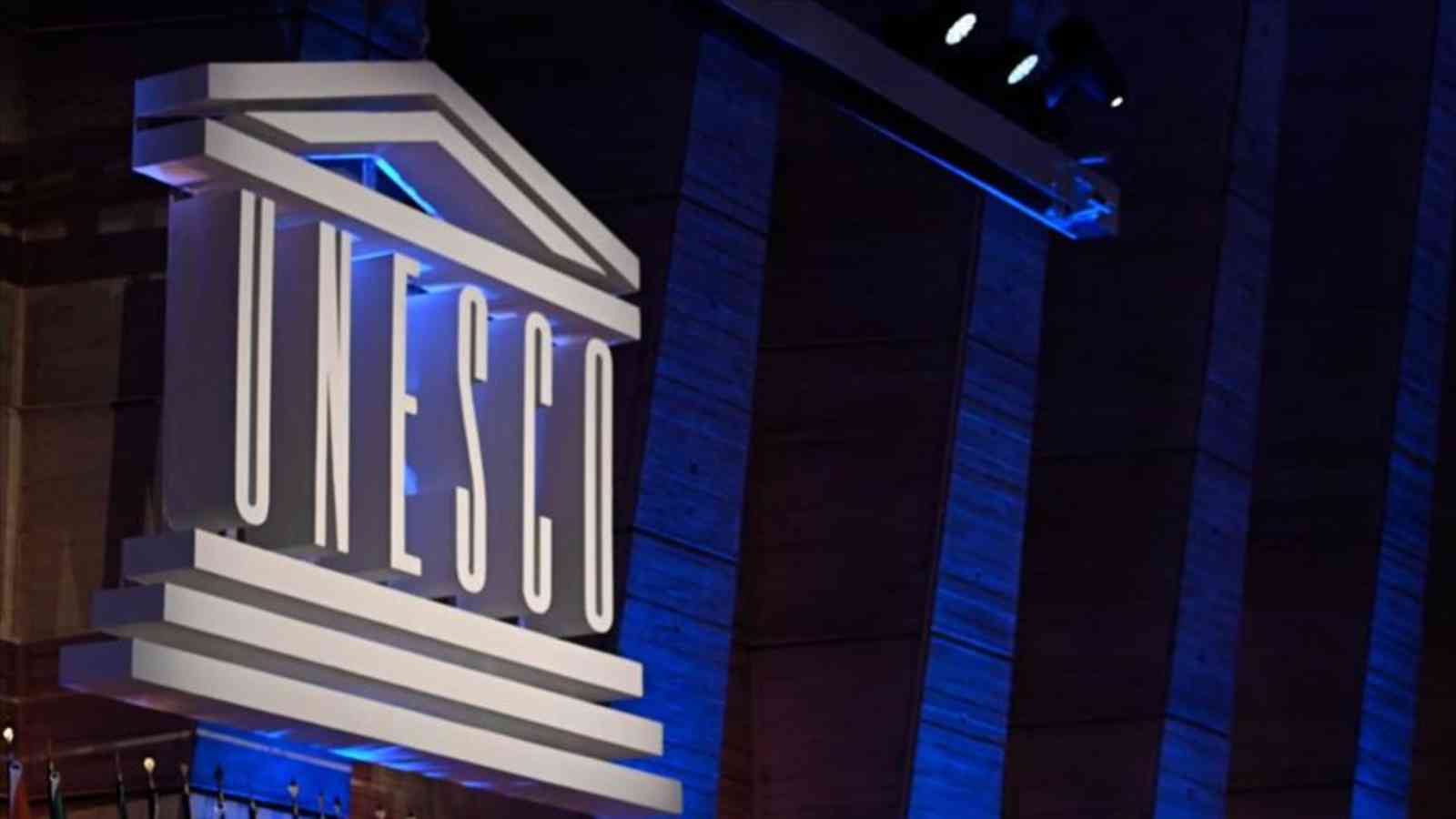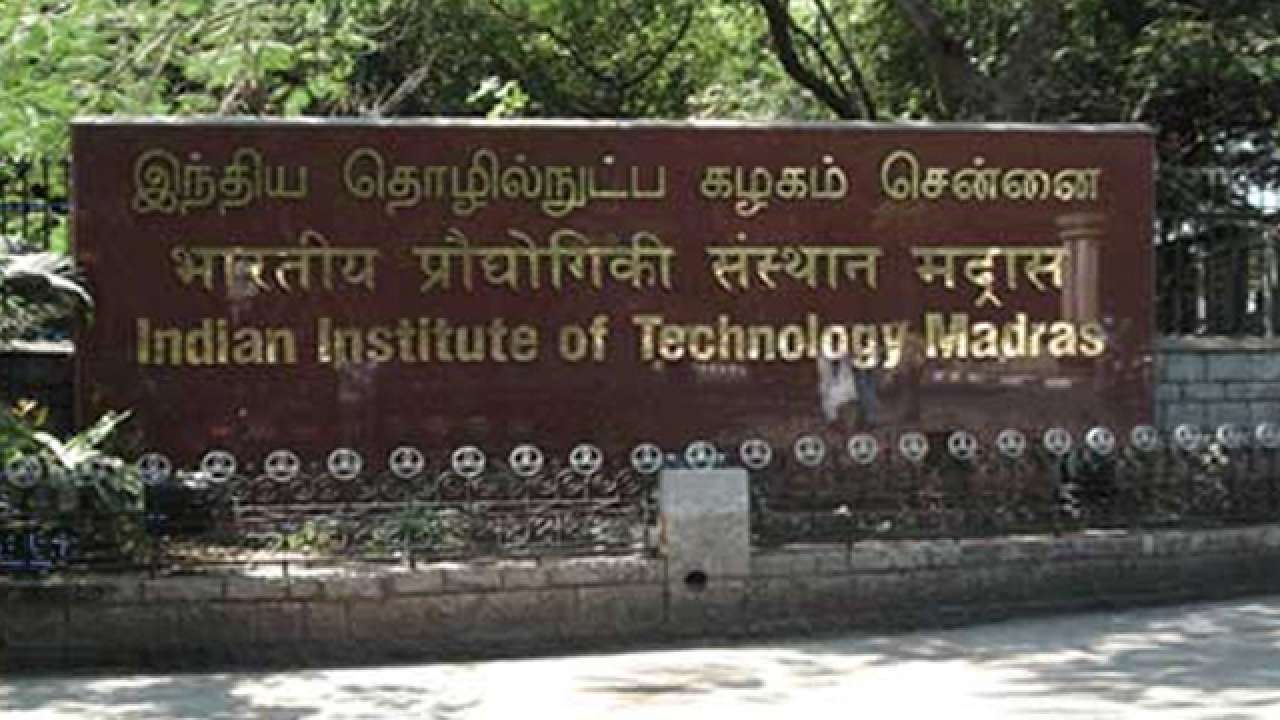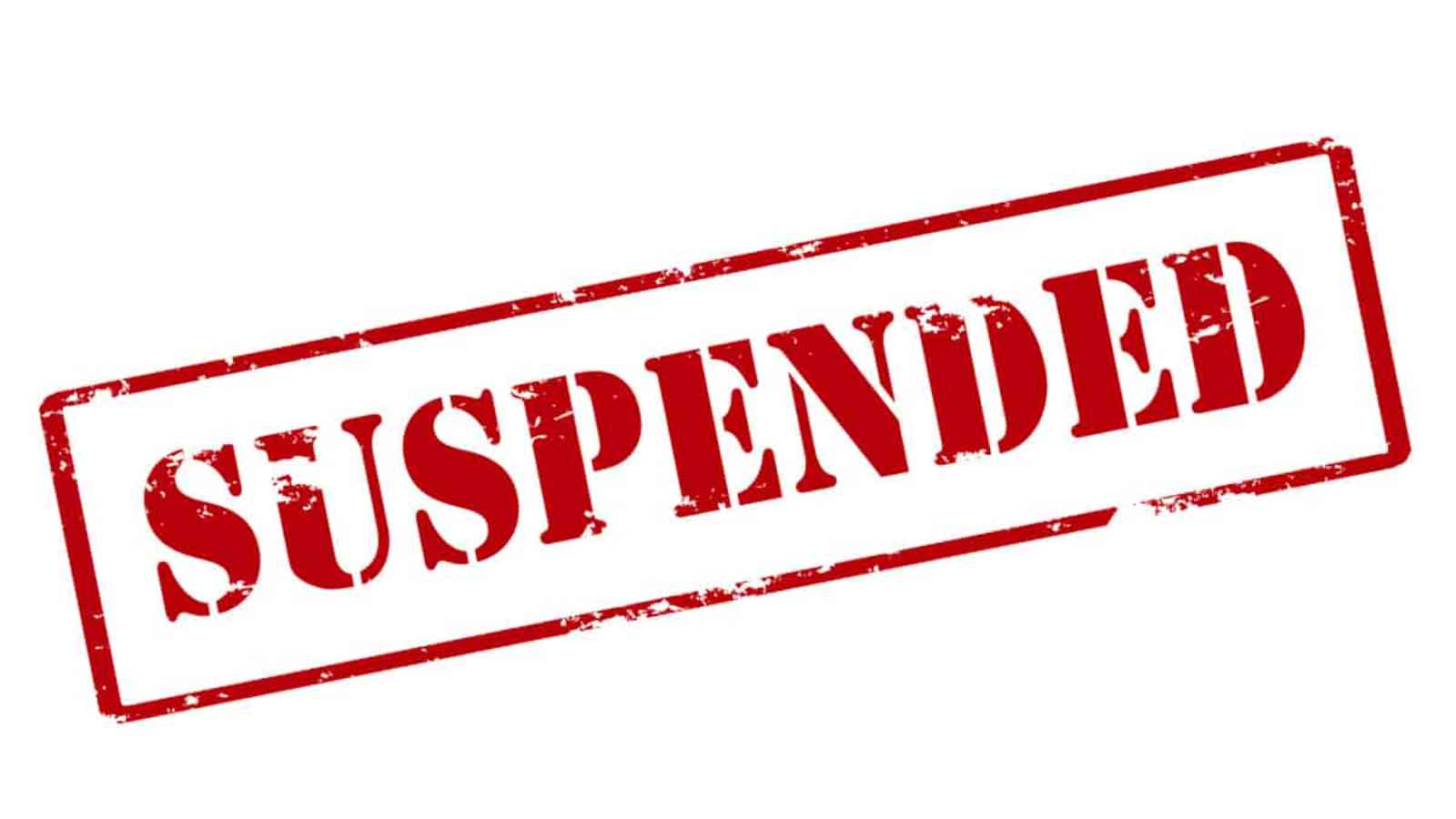On November 30, 2022, UNESCO and the Norwegian Government reaffirmed their mutual commitment and engagement in promoting education for health and well-being. The day was marked by the signing of an Addendum to their existing agreement to increase financial support to UNESCO’s work on education for health and well-being globally by 20 million NOK (approximately US$ 2 million) in 2022-2023.
Norway has long supported UNESCO’s work on issues such as preventing HIV and early pregnancy, ending school violence, and strengthening school health systems through the Norwegian Agency for Development Cooperation (Norad). The existing collaboration was expanded throughout the year, with Norad providing a total financial support of 70 million NOK (approximately US$ 7 million) to UNESCO’s work on Education for Health and Well-being in 2022.
Norway’s unwavering support for learners’ health, safety, inclusion, and well-being is especially valuable at a time when we need to recover learning losses and transform education to be more equitable, of higher quality, and more relevant.
UNESCO Assistant Director-General for Education Stefania Giannini
With this additional funding, UNESCO will be able to expand the evidence base on curriculum-based approaches like comprehensive sexuality education that have a positive impact on promoting gender equality, preventing HIV and early pregnancy, and reducing violence.
Other activities include the creation of international good practise guidelines on topics such as disability and mental health, expanding cooperation to end school violence, and engaging the media and documenting on-the-ground stories of change and impact.
More emphasis and efforts on eastern and southern Africa, as well as west and central Africa, will result in the development of teachers’ and curriculum developers’ capacities, support for school violence response systems, and digital and low-tech innovation for learning about sexual and reproductive health and rights.
These efforts are expected to improve the outcomes of the ‘Our Rights, Our Lives, Our Future’ programme, which is being implemented in 33 African countries. 325,172 teachers and 30,202,132 students have already benefited from this programme.
Norway’s consistent support for UNESCO’s education for health and well-being strategy has aided in the creation of safe and inclusive school environments within resilient school health systems.
We cannot accept that most young people are unaware of their sexual and reproductive health and rights. Comprehensive sexuality education in schools can help young people make informed decisions about their future. We value our relationship with UNESCO very much. Let us work together to make high-quality, all-inclusive sexuality education a reality for all. Norway’s Minister of International Development, Anne Beathe Tvinnereim UNESCO will continue its work with committed partners such as Norway to find common solutions to current and future global challenges, as education is critical to poverty reduction, gender equality, and good health.



